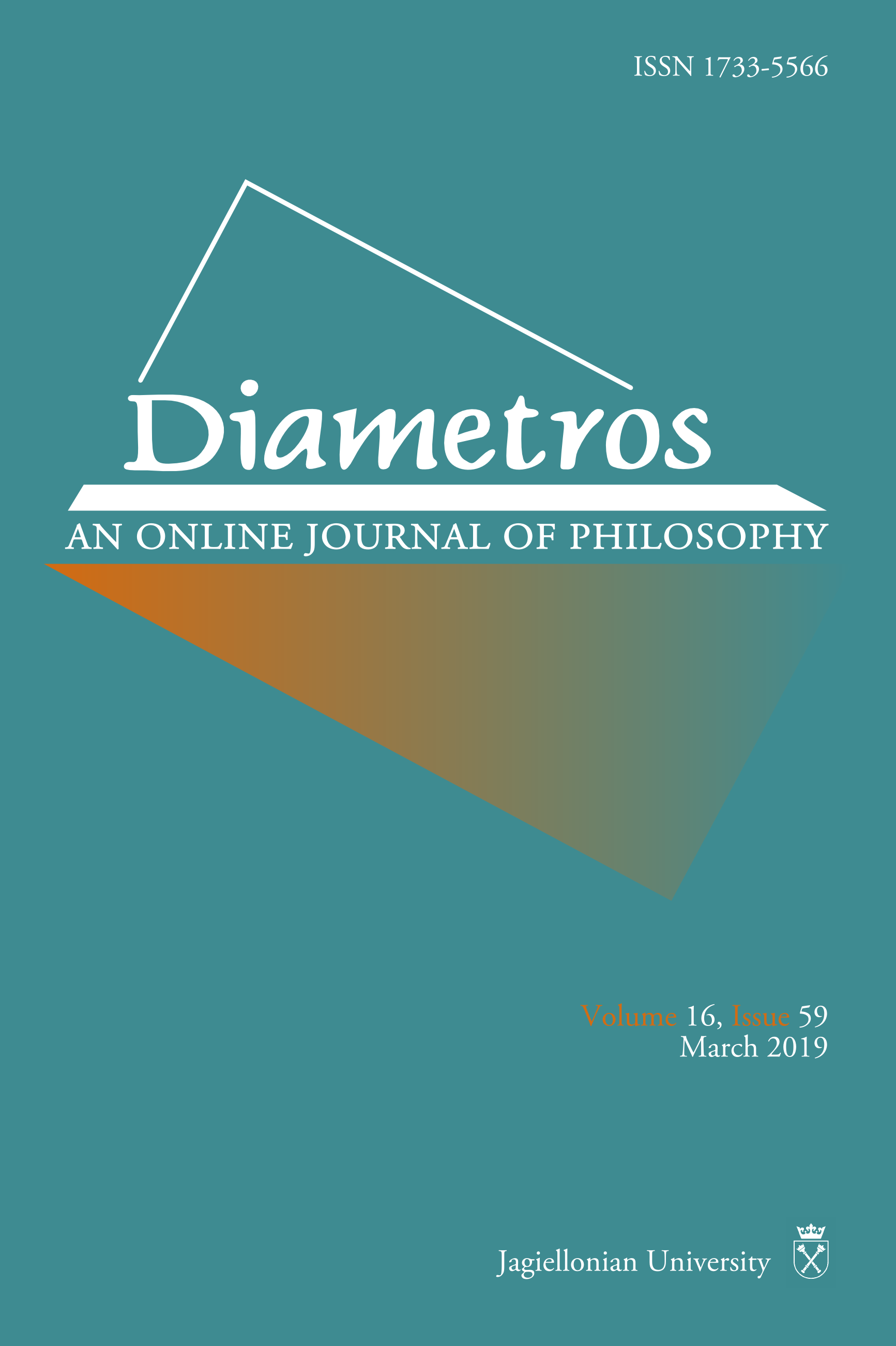A Critique of Turri's Experimental Research on Selfless Assertions
Main Article Content
Abstract
In this paper, I show that Turri’s (2015a) experimental study concerning selfless assertions is defective and should therefore be rejected. One performs a selfless assertion when one states something that one does not believe, and hence does not know, despite possessing well supported evidence to the contrary. Following his experimental study, Turri argues that agents in fact both believe and know the content of their selfless assertions. In response to this claim, I demonstrate that the conclusions he draws are premature in this regard. More specifically, I criticize his methodology, showing that his study is not only incomplete but also yields contradictory results. In closing, I propose how such a study should be conducted in order to receive comprehensive results.
Article Details
Issue
Section
By submitting his/her work to the Editorial Board, the author accepts, upon having his/her text recommended for publication, that Diametros applies the Attribution 4.0 International (CC BY 4.0) license to the works we publish. Under this license, authors agree to make articles legally available for reuse, without permission or fees. Anyone may read, download, copy, print, distribute or reuse these articles without asking prior permission from the publisher or the author, as long as the author and original source are properly cited. The author holds the copyright without any other restrictions. Full information about CC-BY: https://creativecommons.org/licenses/by/4.0/legalcode.
How to Cite
References
Bach K. (2008), “Applying Pragmatics to Epistemology,” Philosophical Issues 18 (1): 68–88.
Buckwalter W., Rose D., Turri J. (2015), “Belief through thick and thin,” Noûs 49 (4): 748–775.
Clarke R. (2013), “Belief Is Credence One (In Context),” Philosophers’ Imprint 13 (11): 1–18.
DeRose K. (2002), “Assertion, knowledge, and context,” The Philosophical Review 111 (2):
–203.
Goldberg S. (2015), Assertion: On the Philosophical Significance of Assertoric Speech, Oxford
University Press, Oxford.
Hawthorne J. (2004), Knowledge and lotteries, Oxford University Press, Oxford.
Hawthorne J., Rothschild D., Spectre L. (2015), “Belief is weak,” Philosophical Studies 173 (5): 1393–1404.
Kelp Ch. (2018), “Assertion: A Function First Account,” Noûs 52 (2): 411–442.
Kvanvig J.L. (2009), “Assertion, Knowledge and Lotteries,” [in:] Williamson on Knowledge, P. Greenough, D. Pritchard (eds.), Oxford University Press, Oxford: 140–160.
Lackey J. (2007), “Norms of Assertion,” Noûs 41 (4): 594–626.
McKinnon R. (2013), “The supportive reasons norm of assertion,” American Philosophical Quarterly 50 (2): 121–135.
McKinnon R. (2015), The norms of assertion: Truth, lies, and warrant, Palgrave MacMillan, London.
Milić I. (2017), “Against selfless assertions,” Philosophical Studies 174 (9): 2277–2295.
Milne P. (2009), “What is the Normative Role of Logic?,” Aristotelian Society Supplementary Volume 83 (1): 269–298.
Milne P. (2012), “Belief, Degrees of Belief, and Assertion,” Dialectica 66 (3): 331–349.
Montminy M. (2013), “The single norm of assertion,” [in:] Perspectives on pragmatics and philosophy, A. Capone, F. Lo Piparo, M. Carapezza (eds.), Springer, Berlin: 35–52.
Nagel J., Juan V.S., Mar R.A. (2013), “Lay denial of knowledge for justified true beliefs,” Cognition 129 (3): 652–61.
Pelling C. (2013a), “Assertion and safety,” Synthese 190 (17): 3777–3796.
Pelling C. (2013b), “Assertion and the provision of knowledge,” The Philosophical Quarterly 63 (251): 293–312.
Pritchard D. (2014), “Epistemic luck, safety, and assertion,” [in:] Epistemic norms: New essays on action, belief, and assertion, C. Littlejohn, J. Turri (eds.), Oxford University Press, Oxford: 155–172.
Rose D., Schaffer J. (2013), “Knowledge entails dispositional belief,” Philosophical Studies 166 (Suppl 1): 19–50.
Stanley J. (2008), “Knowledge and Certainty,” Philosophical Issues 18 (1): 35–57.
Turri J. (2014), “You gotta believe,” [in:] Epistemic norms: New essays on action, belief, and assertion, C. Littlejohn, J. Turri (eds.), Oxford University Press, Oxford: 193–200.
Turri J. (2015a), “Selfless assertions: Some empirical evidence,” Synthese 192 (4): 1221–1233.
Turri J. (2015b), “Knowledge and the Norm of Assertion: A Simple Test,” Synthese 192 (2): 385–392.
Turri J. (2016a), Knowledge and the Norm of Assertion. An Essay in Philosophical Science, Open Book Publishers, Cambridge.
Turri J. (2016b), “The point of assertion is to transmit knowledge,” Analysis 76 (2): 130–136.
Weiner M. (2005), “Must we Know what we Say?,” Philosophical Review 114 (2): 227–251.
Williamson T. (1996), “Knowing and Asserting,” Philosophical Review 105 (4): 489–523.
Williamson T. (2000), Knowledge and its limits, Oxford University Press, Oxford.
